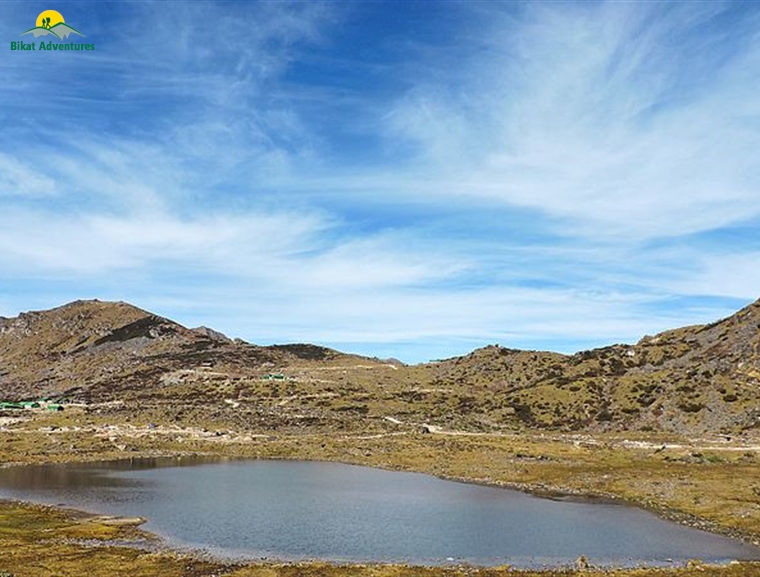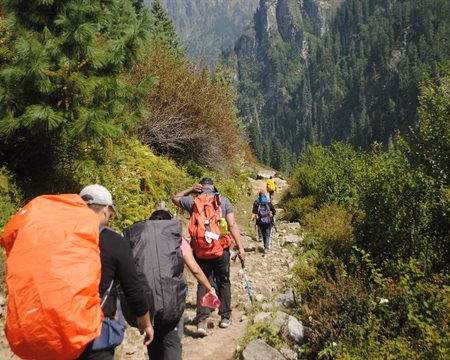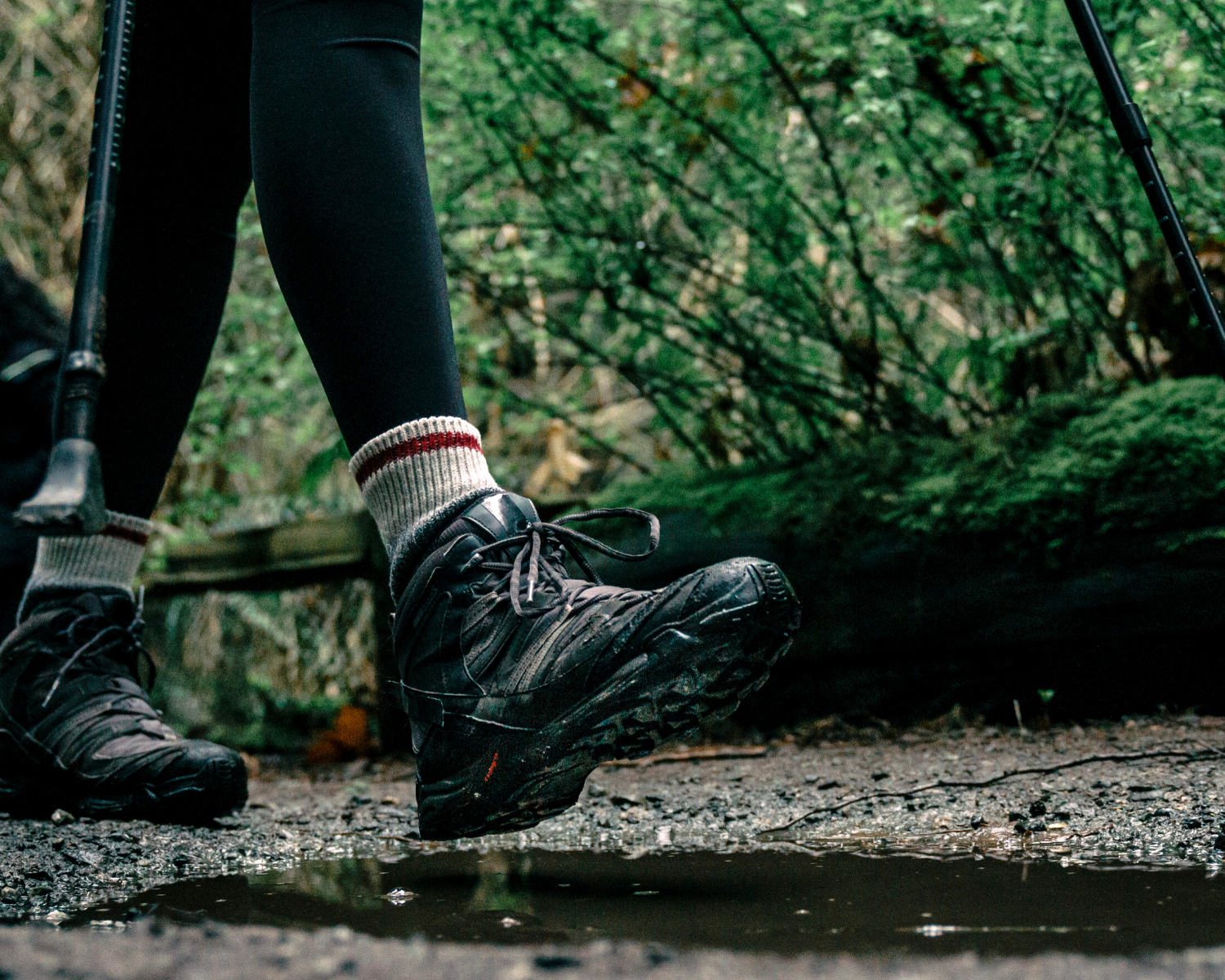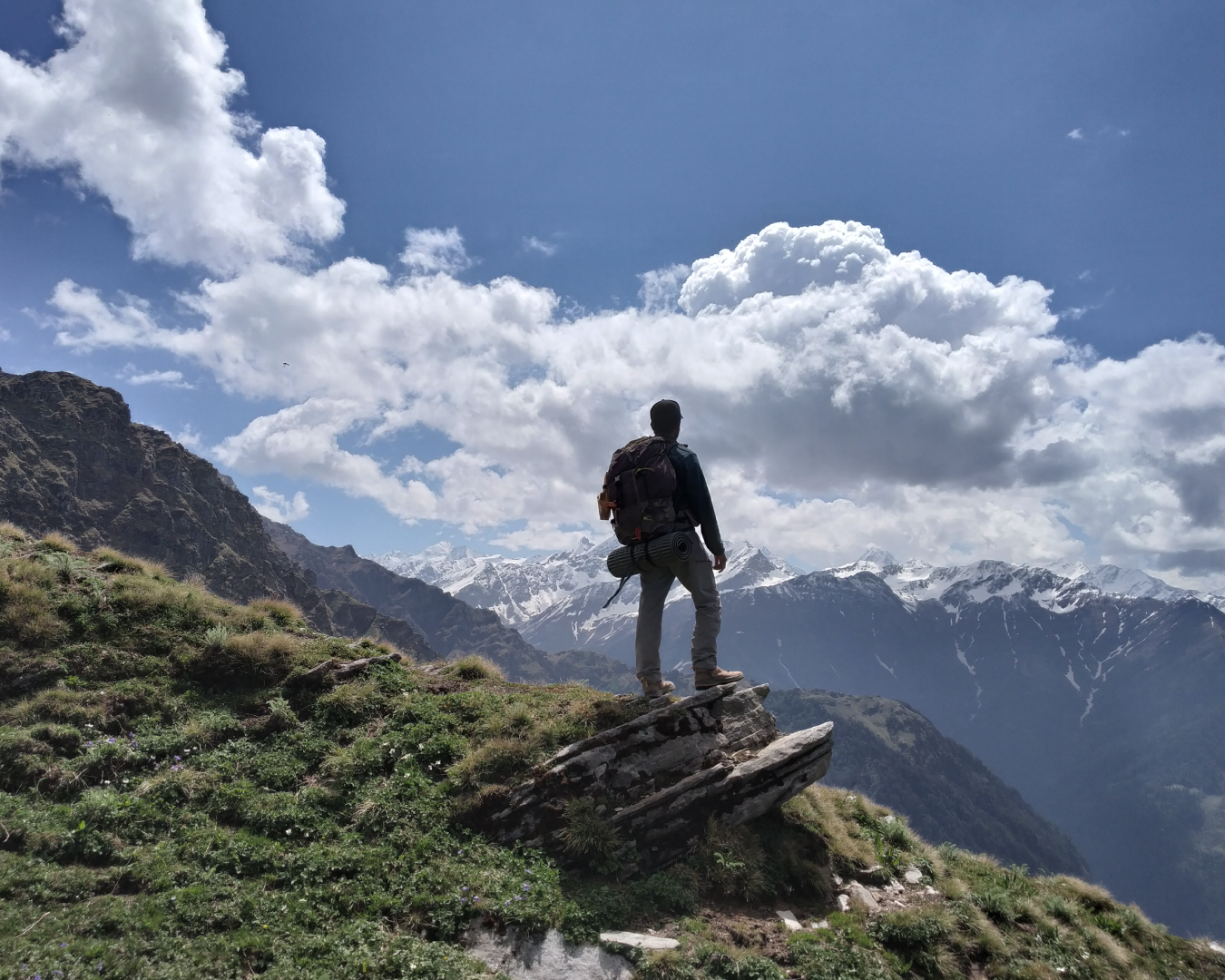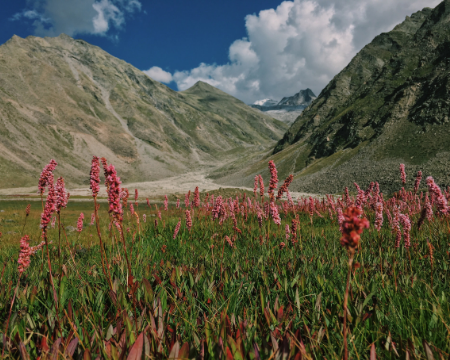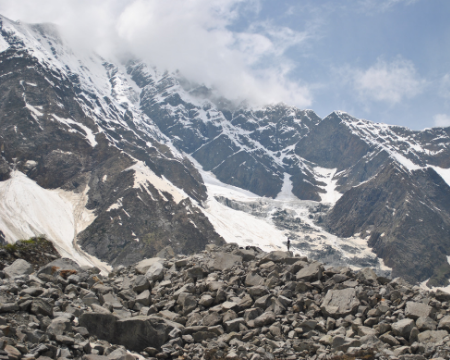Brief Description
The Seven Lakes Trek is one of the wildest and best-kept secrets of Arunachal Pradesh. It takes you deep in its whimsical valleys to discover hidden surprises. Starting from temperate forests, the trek takes you to a maximum altitude of 3,927M to lakes of all shapes and sizes that are fed by glaciers all throughout the year. We cross dense forests thick with medicinal plants, endemic trees and a wide range of wildflowers including a dense spread of orchids to arrive in the land of high-altitude lakes.
It cannot get more offbeat than this trek along the Indo-Tibetan border in the heart of one of the most beautiful valleys in all of Northeast India – the Dibang Valley. The emerald green hills of Dibang Valley are home to the Idu Mishmi tribe who are known globally for their synchronous living with nature. They look to these forests for their medicinal and everyday needs as a way of living. If you have any more questions for them, you can ask them yourself because we also spend a night in their traditional homes on this trail.
These hills and valleys are a birder’s paradise. The monals, blood pheasant and the endemic Mishmi takin amongst countless others can be spotted in these regions at close range. Close to the lakes you discover interesting species of mushrooms all of which are edible.
Rising up to an altitude of 3,927M, the trail involves steep slopes and long days but if you want to experience the best of Arunachal Pradesh, this is where you will find it. Since it is physically demanding, the trek calls for some prior experience in high-altitude trekking. The best time to do this trek is between October to April. Stay on this page for more information on the Seven Lakes Trek.
Itinerary
Itinerary
Show complete Itinerary
Arrive in Dibrugarh (108M)
The first day is reserved to make your way to Dibrugarh, the second largest city in all of Northeast India! The city has a domestic airport which receives regular inbound flights from all major cities like Mumbai, Kolkata and Delhi. The Mohanbari Airport is just 15 kms out of the main city. The city is also connected by rail and road. If you need help figuring out how to reach Dibrugarh, this article should be helpful.
There’s nothing more on the agenda for today other than to get acquainted to the new place and to each other.

Dibrugarh (108M) to Roing (390M)
Distance: 150 km Drive
Duration: 4-5 hours hours
Today we enter Arunachal Pradesh but not before driving through the scenic tea gardens of upper Assam. What’s more is that there is a lovely ferry ride across the Lohit river which brings us to Roing for our first night in camps on this trek.

Roing (390M) to Anini (1,970M)
Distance: 230 km
Duration: 6 hours drive
We start early to drive from Roing to Anini through the Debang Valley across the Mayodia Pass. It is an apt introduction to the landscape we will be spending our next few days in. We are also gaining a fair bit of altitude. Remember to take appropriate care of yourself and layer up accordingly.

Anini (1,970M) to Imungu to Jungle Camp 1 (2,500M)
A 25 kms drive brings us to the village of Imangu, the last motorable point on this route. This is where we start our trek. It is a perfect introduction to the landscape we will be spending the next few of our days in. The trek starts with an ascent over rolling hills of the valley coloured in a deep shade of green. We cross fern fields to get to our campsite for the day.

Jungle Camp 1 (2,500M) to Jungle Camp 2 (3,400M)
We have a fair bit of altitude gain on our hands today. We cover the 900M of ascent hiking through the dense forests of Mishimi hills. It is the perfect place to witness the thick vegetation and the endemic bird species that are characteristic of this region. Once you hit the first patch of clearing which looks relatively flat, know that we have reached our campsite.

Jungle Camp 2 (3,400M) to Lake Kamo Uyea (3,730M)
We rise above the tree line to meet our very first lake today. We leave the alpine forests behind to get on to a mountain ridge which brings us to the first of our many lakes – Lake Kamo Uyea. We camp for the night right alongside this lake.

Camp Lake Kamo Uyea (3,730M)
Since we have gained a fair bit of altitude in the first 6 days, today is fairly relaxing. We head out to explore the other six lakes i.e the Emu Uyea, Chenni Uyea, Dinni Uyea, Huhu Uyea, Assy Uyea and Achanga Uyea. When you reach one and experience the terrain, you realize how untouched these lakes hidden in the hills of the Far Eastern Himalayas are. Each one is exceptionally beautiful.
We return to our campsite by the lake at the end of the day.

Lake Kamo Uyea (3,730M) to Inguli (1,550M)
Today we follow the old hunting trails of the Idu Mishmi tribe through a steep descending trail on cliffs, across pine ridges and river crossings. Today is special because we spend the night at a traditional Idu Mishmi house. The hospitality of the locals here deserves a special mention.

Inguli (1,550M) to Mele to Anini (1,970M)
Today's trek is a short one to reach the village of Mele. From here we drive back to Anini. We spend the night at Anini.

Anini (1,970M) to Roing (390M)
Distance: 230 km Drive
Today we drive down to Roing where we spend the night.

Roing to Dibrugarh
Distance: 150 km Drive
Today we get back to where it all started, Dibrugarh. Expect to reach here by late evening. We stay here the night.

Depart from Dibrugarh
After 11 wholesome days, it is time to say goodbye!
Frequently Asked Questions
Pick your question
Eligibility: Experience required
One should have at least 5-7 trek days in the Himalayas in his/her kitty. Seven Lakes trek is more than 4000 meters, a person must have prior experience of trekking at altitudes of or more than 3500 meters.
Eligibility: Fitness benchmark
- Jog/Run for 5 Kms in 25-30 mins or Walk continuously for 10 kms (with 3-4 small breaks) on plain terrain (slight incline is better) - You would be required to produce a screenshot from a fitness app testifying the same
- Hold your breath for 30-35 seconds
If you are not meeting these benchmarks, please use the preparation schedule to improve your fitness till you achieve the above benchmarks.
Eligibility: Requisite Skills
One should be familiar with the following:
- Know campsite basics like how to use a sleeping bag, sleeping tent, toilet tent
- Ascending & Descending technique for mountain trails
- Basic mountain mannerisms
- Ascending & Descending on snow
- Basics of Mountain Sickness
- Basics of Mountain Hazards
- How to cross small water streams
About the activity: Why should I go for this trek?
Seven Lakes Trek
Being one of the most scenic treks in Arunachal Pradesh, the Seven Lakes Trek is meant for experienced trekkers who wish to explore the epic beauty of North-East. Taking you to seven breathtaking high altitude lakes hidden in the mystical valleys of Arunachal Pradesh, the Seven Lakes Trek gives you the glimpse and history of the centuries old hunting trail which is one of Arunachal's best kept secrets.Best Season: What are the best months to visit this trek?
November to April are the best months to do the Seven Lakes Trek.
Packing List: What to pack
Click here for packing list.
Packing List: How should I pack my rucksack?
Packing List: How should I select my trekking shoe?
Connectivity: How to Reach the base of the trek & how to go back from the end point?
The base of the trek is Dibrugarh – the second largest city in Northeast India. The city has an airport and is also well connected via railways and roads. So you can directly fly in here or take a train/bus from Guwahati or anywhere you are traveling from.
Connectivity: What is the cellular network connectivity for this trek?
No cellular network beyond Anini.
Age limit: What is the minimum & maximum age limit?
The minimum age limit is 13 years. However, minors aged between 13 to 17 should be accompanied by their parents or guardians. If you are above the age of 60, kindly carry a medical certificate from your doctor that deem you fit for adventure activities like trekking.
Accommodation: What will be the accommodation type in this trek?
The accommodation will be a mix of hotel/guesthouse stays and camping. On trekking days, all the trekkers will be accommodated in twin or triple sharing tents. Along with this, there will be also be a toilet tent and a dining tent installed at every campsite as we roll.
Equipment and facilities: What kind of tents and sleeping bags will be provided to us?
We provide 4 seasons tents by Gipfel for higher altitudes which can easily withstand heavy snowfall and storms. They are spacious enough to accomodate 3 people at once with a vestibule to place the backpacks. Our sleeping bags are made up of Heatseeker Pro synthetic insulation that can provide you comfort in -10 degrees celsius. We also use additional fleece liners to have thermal efficiency even in the extreme temperatures of -17 degrees Celsius. If you carry your own sleeping bag, you will get a cashback reward provided that you inform us as soon as you have booked your trek.
Equipment and facilities: Are there any washroom/toilet facilities on the trek?
Toilet tents will be provided to you on the trek.These are portable toilets tents where a deep pit will be dug. A shovel will be provided inside the tent to cover the waste after you have made your business. You can take a toilet roll inside. Make sure you dig used toilet paper along with the waste. Though water is recommended in place of toilet paper. Please refrain from using wet wipes as they are non-biodegradable. There will be no facility for bathing on the trek. Go through our blog section for tips on how to maintain personal hygiene on treks.
Equipment and facilities: If we trek in snow, what equipment will you provide?
You will be provided with good quality of gaiters and microspikes from us depending upon the situation of the snow. Our trek leaders will also be carrying ropes and ice axe.
Equipment and facilities: What kind of food will be provided for the trek?
Vegetarian food will be served throughout the trek. The only non-vegetarian item served on our treks are eggs. Our kitchen staff follows a proper menu for breakfast, lunch and dinner which has been designed in order to fulfil the nutritional requirements of the participants. There will be milk, poha, eggs, muesli/corn flakes, bread and butter served for breakfast. Rice or simple roti sabzi will be packed for lunch. In dinner, you will have dal, egg curry or any other vegetarian dish along with rice, roti, and a dessert item. Packed lunch will be provided to you on the days you are trekking. You are requested to carry your own tiffin box and a mug to consume food. The meals consumed on journey and arrival day are not included in our cost.
Equipment and facilities: What equipment can I rent from you?
You can rent following items from us- Trekking Pole, Trekking Shoes, Fleece Jacket, Rucksack.
Weather conditions: When will there be snow on this trek?
You can expect snow in the months of December to March.
Weather conditions: What will the temperatures be like during this trek?
On Seven Lakes Trek - during the day, the temperature will range from 13-18 degrees Celsius. The nights will get cold dropping the temperature to 0 to -5 degrees Celsius. The higher the altitude you gain, the colder it gets.
Miscellaneous : Is there an option to offload my backpack?
If you want to offload your rucksack, you will have to make a request for offloading a few days prior the trek through an email so that arrangement can be made in advance. You will be charged per day for offloading your rucksack. In case you decide to offload on the spot, you may have to pay a higher price than usual. However offloading your rucksack is not recommended since it is not a safe practice.
Miscellaneous : Who will lead us on the trek?
A team of participant will be led by a course certified trek leader and a local guide. All participants are requested to abide by what their leader says. There will also be a team of kitchen staff and porters on the trek. We maintain 1:8 ratio of trek leader and participants. All our trek leaders and staff have a certified training in first-aid and rescue operation.
Miscellaneous : Is the trekking pole necessary?
Yes, trekking pole is necessary. If you don’t want to buy one, you can rent it from us on minimal daily basis charges. You can request the renting link from us.
Miscellaneous : Are there any local stores/shops from where I can shop trekking necessities?
Dibrugarh has stores for any last minute purchases. However, Please do not leave anything for last minute buying.
Miscellaneous : Is it safe for a solo woman traveller to trek in Fixed departures?
Yes, it is absolutely safe for solo woman to travel in fix departures. Women on the trek will be sharing tent with each other. In case you are the only woman on the trek, you will be given a separate tent.
Miscellaneous : Will you give certificates on completion of trek?
Yes, e-certificates will be given at the end of each trek provided that you completed it. It will bear your name, the trek, and the maximum altitude you achieved on the trek.
Transport: In case we opt for the transport with you, where will you pick us from and where will you drop?
We will pick you up from your hotel in Dibrugarh. Drop off location remains the same, your hotel at Dibrugarh.
Transport: What time will you drop us at the end point on last day of the trek?
Expect to reach Dibrugarh by evening.
Mandatory documents: What are the mandatory documents required for the trek?
ID Proof (Soft Copy to be sent to us in Advance & original to be carried) and Medical Certificate (Soft Copy to be sent to us & original to be carried) are the mandatory documents required for this trek.
Why Bikat
Why Bikat

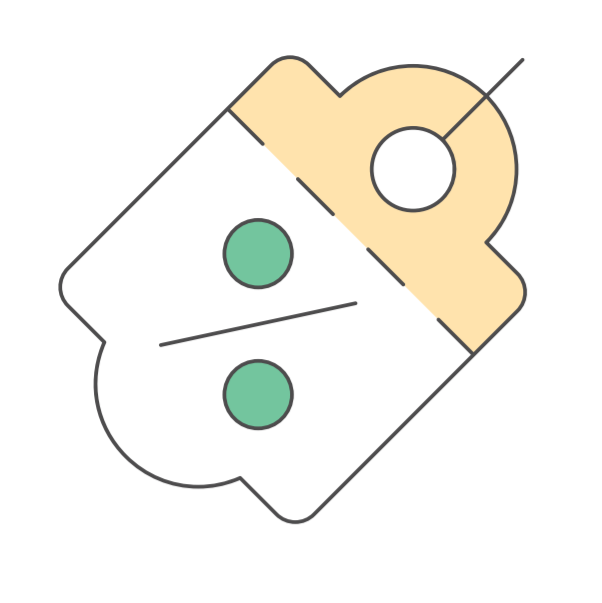


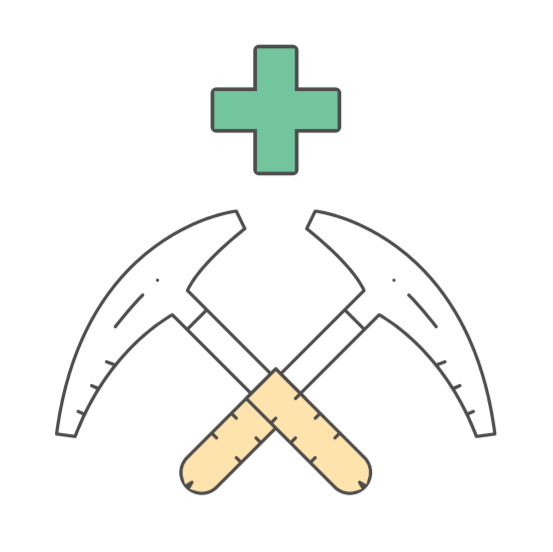

Learning Experience
- We are an Adventure Learning Organisation first.
- We want you to not just complete a trek safely but also pick up some basic trekking knowledge and skills along the way.
- To achieve this we have integrated learning modules into our itineraries.
- These modules will help you build the necessary skills to progress from trekking to mountaineering over time.
Loyality Programs
Our community is an integral part of us and we take pride in our trekkers and climbers. When you complete at least three days on any trek or expedition with us, you become eligible for our membership and referral programs.
- Currently we have three levels:
- Basic Membership
- Summiteer Membership
- Leader Membership
Personalized Attention
- Our group sizes on treks don’t exceed 15 members in order to maintain a healthy Participants : Leader Ratio of 8:1.
- Over time we have found this number to be optimum when it comes to ensuring personalised attention to every member of our group.
- On mountaineering expeditions this number is even smaller. Our group sizes are capped at 12 members ensuring a Participants : HAP Ratio of 2:1.
Best Expedition Leaders
- Our Expedition leaders are advanced mountaineering course qualified, specially trained in rescue procedures from NIM and certified first-aid responders.
- Even our local guides are certified first-aid responders.
Eco-friendly Practices
- Group sizes are capped at 15 people.
- Batch sizes are capped at 250 people per trail per season.
- We follow a rolling campsite model.
- We are constantly exploring and introducing new trails to reduce the burden on existing ones.
Safety
For us, a successful summit is not about reaching the highest point of a mountain but about making it safely back to base.
- To ensure this:
- Every region of ours is mapped with an emergency evacuation plan.
- The equipment we use is UIAA certified.
- Our trek leaders are AMC certified with specialisation in rescue procedures.
- Our support staffs are trained in first aid as well.


Reviews
What's Included
Whats Included
- Food as per menu on the trek
- Forest Permits/Camping Charges, if any (Upto the amount charged for Indian nationals)
- Dome tents - on twin sharing basis, Sleeping bags, mats
- Micro-spikes, Gaiters, Helmets, if required
- Trek guide, cook, helpers, and porters for carrying common supplies
- Mountaineering course certified Trek Leader with First Aid certification along with special rescue course from NIM, Uttarkashi
- Exhaustive First Aid kit including Oxygen cylinder
Whats Not Included?
- Portage of personal bags during the trek
- Cost of any kind of Travel Insurance.
- Any Expense of personal nature.
- Any Expense not specified in the inclusions list.
- Meals during road journey
Cancellation Policy
Cash Refund
Cancellations up to 30 days prior to departure date
5% Deduction
Between 30 days to 15 days prior to departure
50%
deduction
Less than 15 days of departure
No Cash Refund
Voucher Refund
Cancellations up to 5 days prior to departure date
No Deduction
Cancellations less than 5 days prior to departure
No Refund
Please note
- Cash refund is applicable only in case of bookings made without using any promotional offer code or vouchers.
- This is only a brief of cancellation terms. For finer details please refer Detailed Cancellation Policy.
Blog Posts

Catching AMS is easier done than said!
Ritvij Kumar 02 October 2017
Catching AMS is easier done than said!
Don’t you feel so?
AMS (Acute Mountain Sickness) approaches everyone and unfortunately worst affected are the most experienced ones. They feel that they kno
Read More